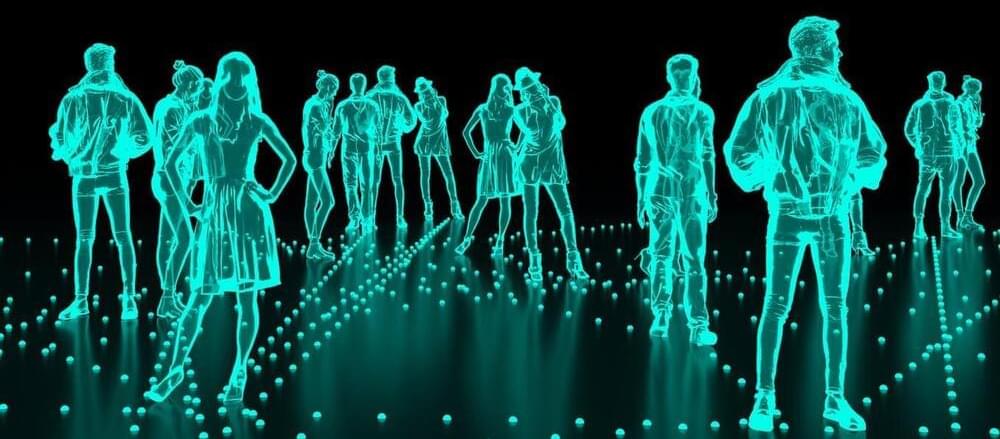Demand for highly desirable digital skills is hitting new heights. A recent Learning and Work Institute report noted that one in four (27%) employers now need the majority of their workers to have in-depth specialist knowledge in one or more technology areas. And 60% of those surveyed expect their reliance on advanced digital skills to increase over the next five years.
The skills gap is particularly prevalent in the security tech sector. A global study from the Center for Cyber Safety and Education predicted a terrifying shortage of 1.8 million security workers by 2022. This is made worse by the number of young people taking IT-related GCSEs in the UK, falling by 40% since 2015 (according to Learning and Work Institute data).
This scarcity of qualified professionals has inflated salaries, making it hard for firms that cannot afford to offer large paychecks and grand benefit packages to secure top talent.








